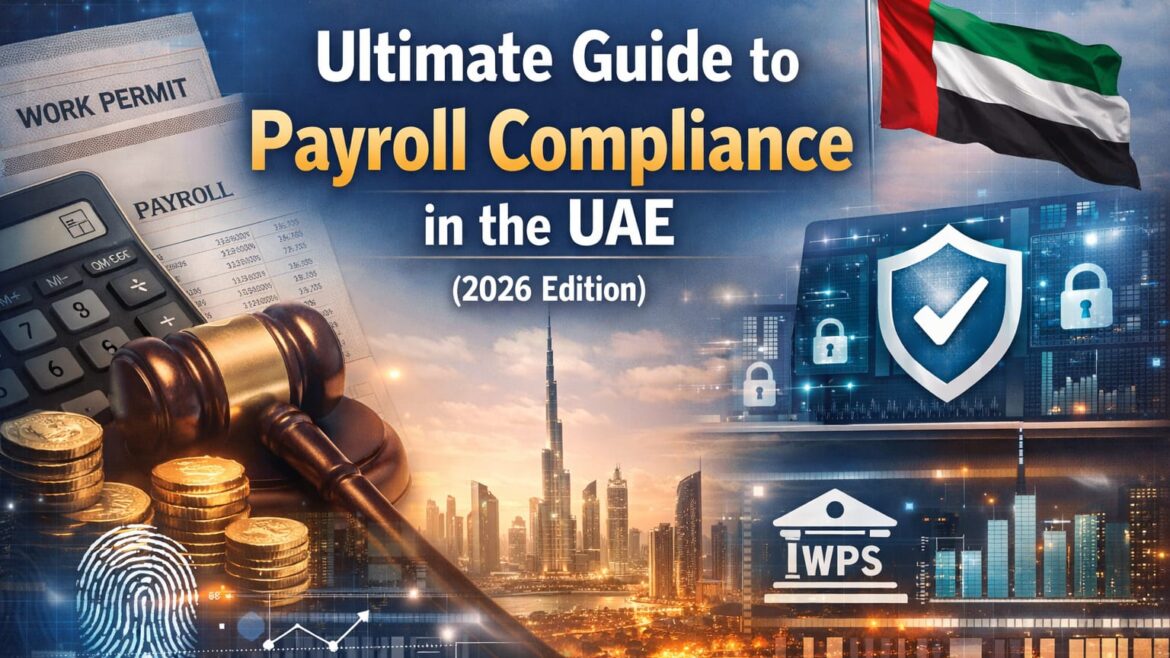An impactful career in human resources, payroll, or consulting roles has a lot more to it than meets the eye. These roles aim to streamline how businesses hire and support their workforce. This ultimately affects how an organization performs in terms of growth.
These careers come together in a dynamic and knowledge-driven environment at HRSG. Our professionals do not just follow best practices but ensure real value addition to your business.
This blog looks into what it is like to work with HRSG in careers like HR, payroll, and consulting. This information highlights key roles and responsibilities that you can expect as a professional in these sectors. So, keep on reading till the end.
- A Look into HRSG Careers: Where Teamwork and Growth Matter the Most
- What It Is Like to Work In HR?
- What It is Like to Be a Payroll Expert?
- What It is Like to Work in Consulting?

A Look into HRSG Careers: Where Teamwork and Growth Matter the Most
According to a recent report the global payroll & HR solutions and services market revenue was $36.1 billion in 2025. This number is projected to reach approximately $68.2 billion by 2034 with a CAGR of 6.57%.
At HRSG we realize the growth potential that these careers offer and that is why our every policy reflects our commitment to personal development of both the employees and the business that we work with.
Among our core beliefs is the fact that better people practices lead to better business results. This belief is what shapes both the client and the internal employee experience.
We believe in the active implementation of policies that center on inclusion and mutual respect. Collaboration and cross-functional teamwork are also key to every job role. At HRSG we encourage open communication instead of establishing rigid hierarchies, which promotes a shared sense of accountability.
This allows every employee to challenge policies or propose improvements that contribute to mutual growth.

What It Is Like to Work In HR?
Research shows that there are more than 3 million HR professionals globally who carry out core organizational tasks. An HR professional has a key role to play in processes that determine how an organization attracts and retains top talent.
The internal HR teams have the skill to implement progressive practices that ensure better employee and client experience. Our HR teams have exposure to advanced HR frameworks and analytics, which enables them to uncover opportunities to execute innovative HR practices.
A close partnership with senior leaders and consultants in HR further sets us apart. With a strong focus on evidence-based decision-making, HR teams help ensure that organizations not only find the right talent but also retain it for as long as possible.
Here is what it is like to work in HR roles.
- These professionals work on talent acquisition and workforce planning. They need to ensure people with the right skills are in place at all times.
- They also work on the learning and development of the employees. They come up with leadership programs as well as technical training sessions to upskill the employees.
- Performance management is also a key HR responsibility. These professionals align individual goals with organizational strategy.
- People who provide HR services also work on programs for employee engagement or well-being.
- These professionals also oversee the Diversity, Equity, and Inclusion (DEI) efforts in your business operations.

What It is Like to Be a Payroll Expert?
Payroll is another key area that affects the overall operational efficiency of any business to a great extent. A payroll professional is indispensable for organizational stability and employee trust.
Quality payroll management practices have a strong alignment with HR strategy and employee experience of your company. These practices emphasize compliance and confidentiality along with continuous improvement.
Payroll professionals are not just mere administrators. Instead they serve as trusted advisors who empower you to ensure fairness as well as reliability for every employee.
Here is what it is like to work as a payroll professional with HRSG.
- A study shows that around 63% of HR departments use automated systems for payroll management. Our professionals are skilled in system enhancements and automation.
- These professionals provide accurate and timely payroll processing.
- They ensure statutory compliance in every transaction.
- They also have to calculate taxes and do regulatory reporting.
- These professionals also need to work on payroll audits or ensure payroll compliance.
- They also have to provide support to every employee for pay-related inquiries.
- They also work on cross-functional projects with HR and finance departments.
What It is Like to Work in Consulting?
A consultant helps businesses solve complex financial and management issues. They also help with people’s challenges and design systems that support equity as well as growth in every area.
Consultants who work with HRSG manage client relationships or expectations. They also provide analytical insights and practical solutions to drive tangible results.
The collaboration of consultants within project teams paves the way for continuous learning. These professionals help organizations manage and value their employees or clients in a much better manner.
Here is what you can expect when you work as a consultant.
- You have to pinpoint current organizational and workforce challenges.
- You also need to come up with efficient job architectures and compensation frameworks.
- These professionals also carry out market pricing and pay equity analysis.
- Consultants have to translate every bit of raw data into actionable insights.
- They also find opportunities for better exposure to a wide range of industries and work on different leadership styles.
Conclusion
Careers in HR, payroll, or consulting aim to uncover avenues that guide how organizations support and reward their workforce. In these job roles with HRSG every employee is free to apply their expertise and expand their skills. This in turn creates meaningful outcomes for the organization as well as the clients.
Professionals at HRSG who work in HR, consulting and payroll combine their deep knowledge and analytical rigor to create a productive workplace for every employee.
Professionals who are curious and driven to improve HRSG offer exciting career opportunities and nonstop growth every single day.
Visit us at HRSG today to get the best HR, payroll, accounting, and facility management solutions for your businesses all over the world.
FAQs
What are some notable careers that HRSG offers?
HRSG gives exciting career opportunities to professionals in Human Resources, Payroll, and consulting. These opportunities are available both for early-career professionals as well as experienced specialists.
What skills are needed for people who work in HR, payroll, or consulting?
These professionals should have strong analytical or problem-solving abilities. They also have to be better communicators or collaborators.
What is the workplace culture at HRSG?
HRSG takes pride in its collaborative and inclusive work environment. Every employee is free to give their input in core policies. They are also free to challenge assumptions and share ideas.
What is it like to work in HR, payroll, or consulting roles with HRSG?
These careers can be fast-paced and intellectually stimulating for professionals. Consultants or HR experts can work closely with clients to come up with solutions and provide data-driven insights.















